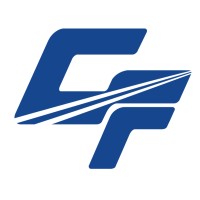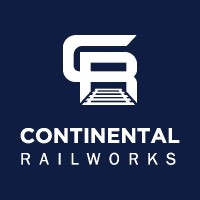
CF Rail Services
CF Rail Services is a leading railcar repair and maintenance provider, offering quality running repair and program work for railroads, private car owners, lessors, contracts agents and shippers in North America. Its services include tank car services, railcar and locomotive repair, linings and coatings, railcar cleaning, testing and inspection services, a wheel shop and field services. CF Rail Services delivers the highest-quality repairs, speed and value to customers, while using technology to reinvent the industry.






